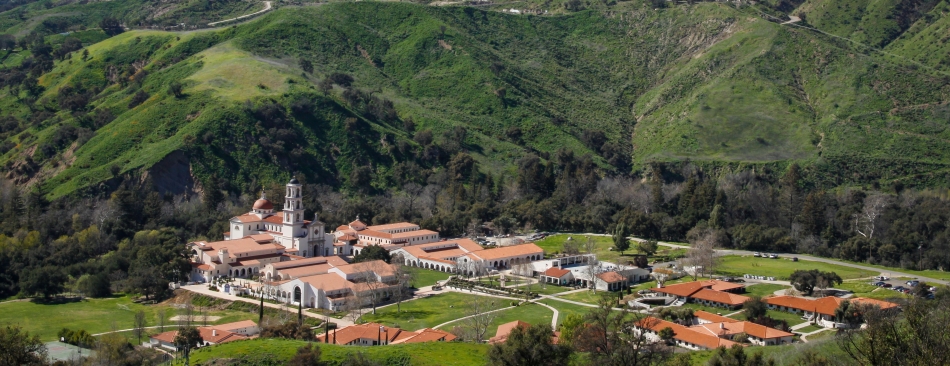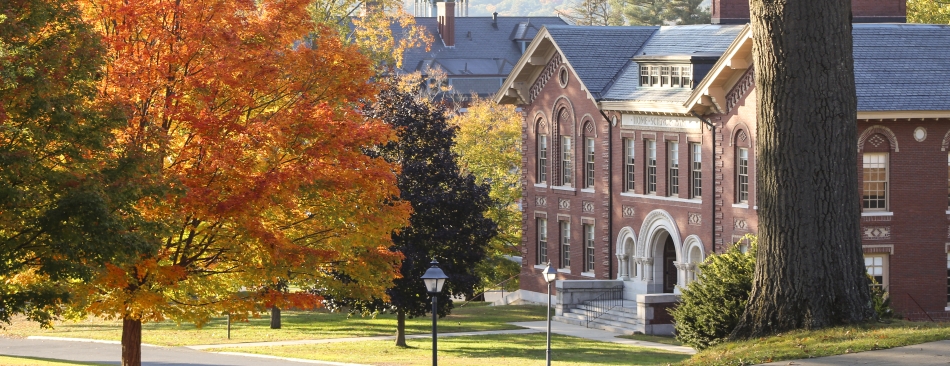In the founding document of Thomas Aquinas College, A Proposal for the Fulfillment of Catholic Liberal Education, the College’s founders and original tutors articulated the principles that would undergird the College’s formation and establishment. They further refined this vision through various lectures and articles, links to which are provided below. These documents are considered “seminal” for their vital role in seeding the College’s future success by explicating its purposes, its curriculum, and its pedagogy.
Decades later, they continue to bear good fruit:
- In Why the Great Books?, late College founder Marcus R. Berquist argues that although Thomas Aquinas College employs the great books in its curriculum, it is not a “great books” school.
- Why the Discussion (Socratic) Method? is the question asked — and answered — in this essay, which describes the virtue of learning by way of analysis and discussion, by College founder Dr. John W. Neumayr.
- In Liberal Education and Freedom, one of the College’s first tutors, the late Rev. Thomas A. McGovern, S.J., explains that the sort of education offered at the College is called liberal because its intended effect is the genuinely free person.
- Liberal Education and the Humanities, by College founder Marcus R. Berquist, examines — and rejects — the artificial division of modern curricula into two wholly separate categories, “the sciences” and “the humanities.”
- In the Formation of the Catholic Mind, the College’s founding president, Dr. Ronald P. McArthur, discusses the role of custom in the formation of the human intellect, stressing the need for Catholic education to be rooted in the teachings of the Church and Her Universal Doctor, St. Thomas Aquinas.
- Liberal Education and the Preservation of the Political Order are inextricably linked, observes founding president Dr. Ronald P. McArthur.
- The Study of St. Thomas, writes Dr. Ronald P. McArthur, is essential for serious Christians who wish to know the natural order and to understand their faith.
- In The Roots of Modern Education, founding president Dr. Ronald P. McArthur addresses the need to ask the fundamental questions that underlie all academic disciplines.
- In his lecture Wonder and Skepticism, College founder Marcus R. Berquist discusses wonder as a desire for knowledge, which is the beginning of philosophy — and of hope. He distinguishes between wonder and curiosity, discusses wonder’s relationship to fear and reverence, and shows that wonder is the cure for skepticism and the despair that inevitably accompanies it.
- For nearly 40 years, the College published an annual Bulletin of Information that offered detailed explanations about the academic program and various facets of student life. Although most of that information can be found elsewhere on this website, the bulletin also contained essays that are preserved in their entirety at the linked pages below:









